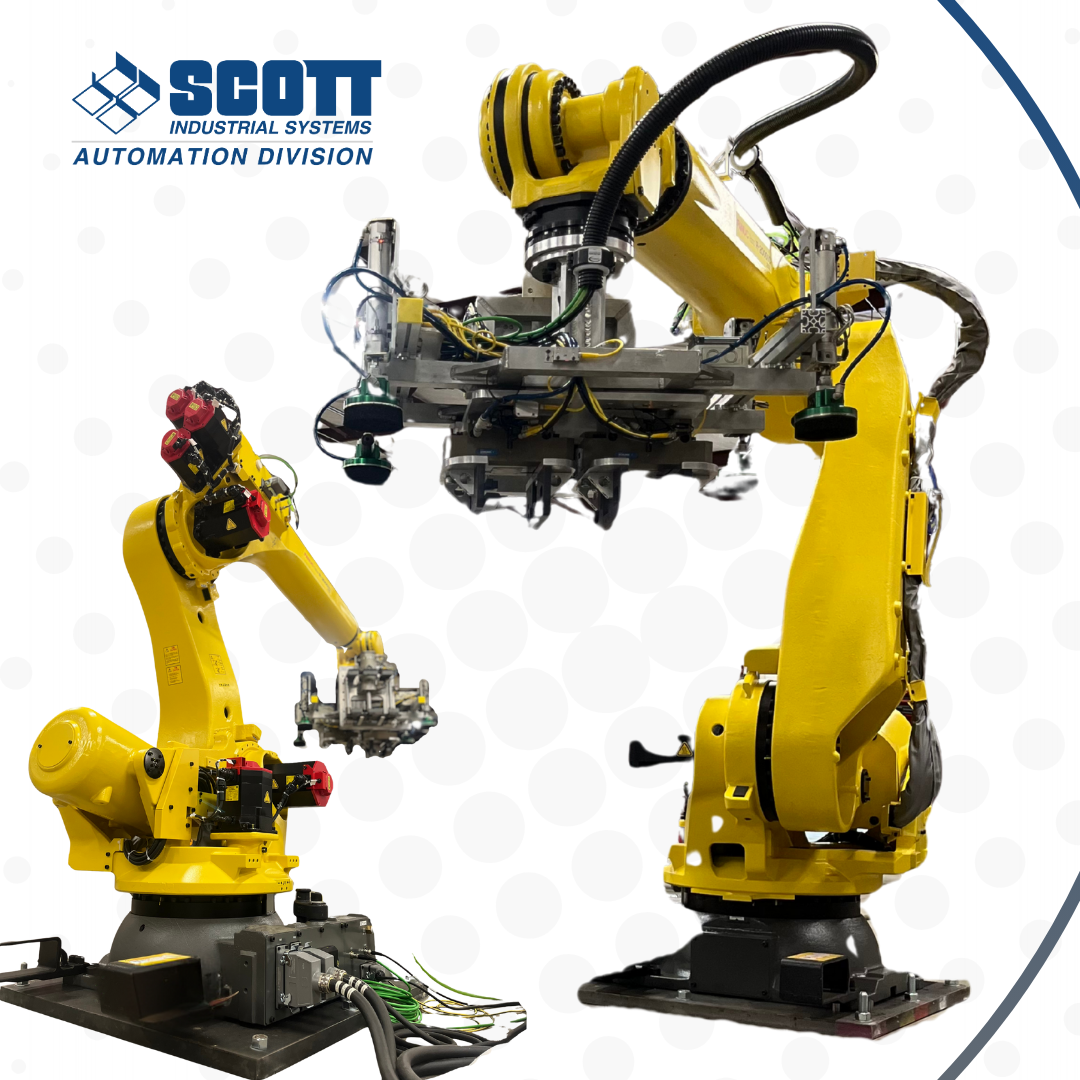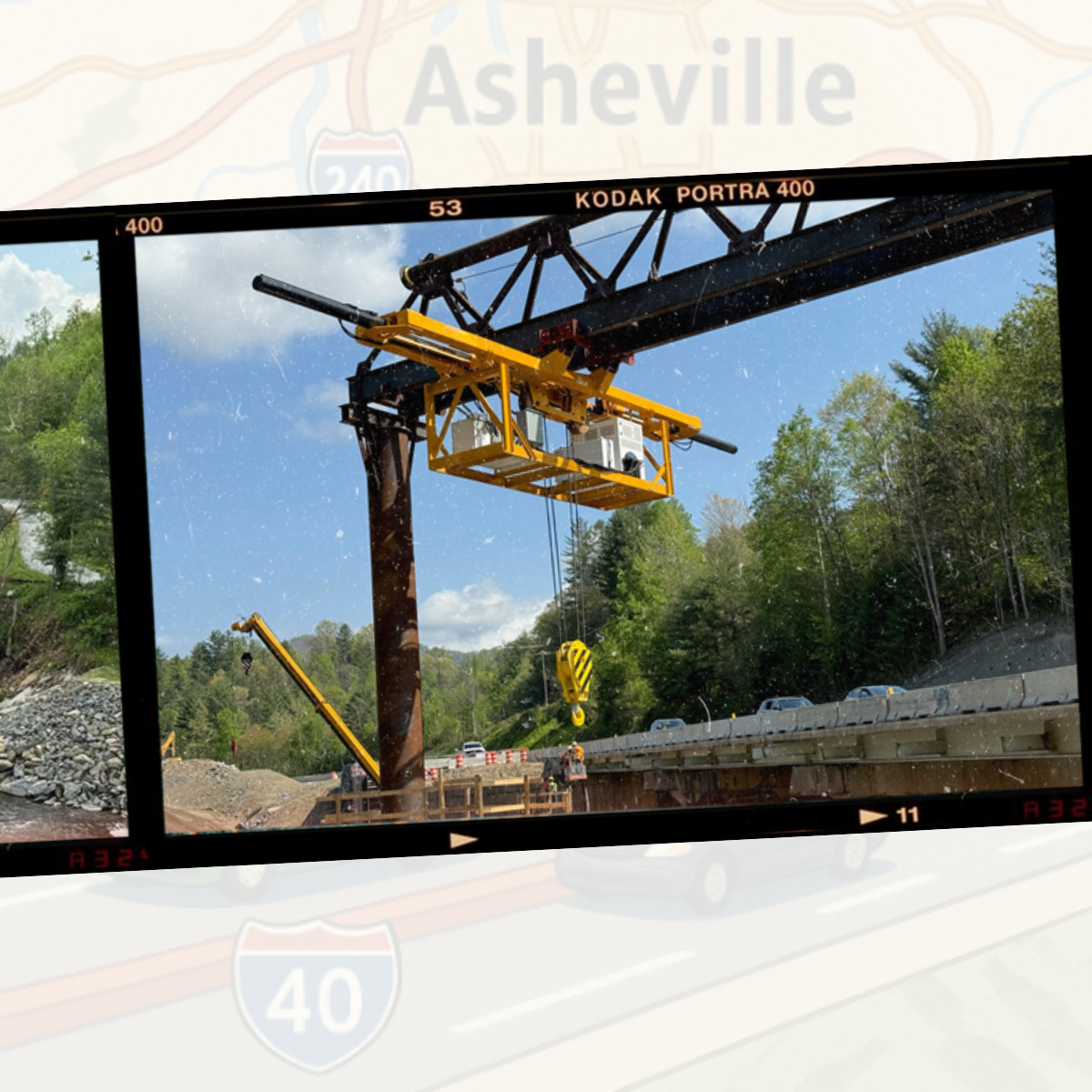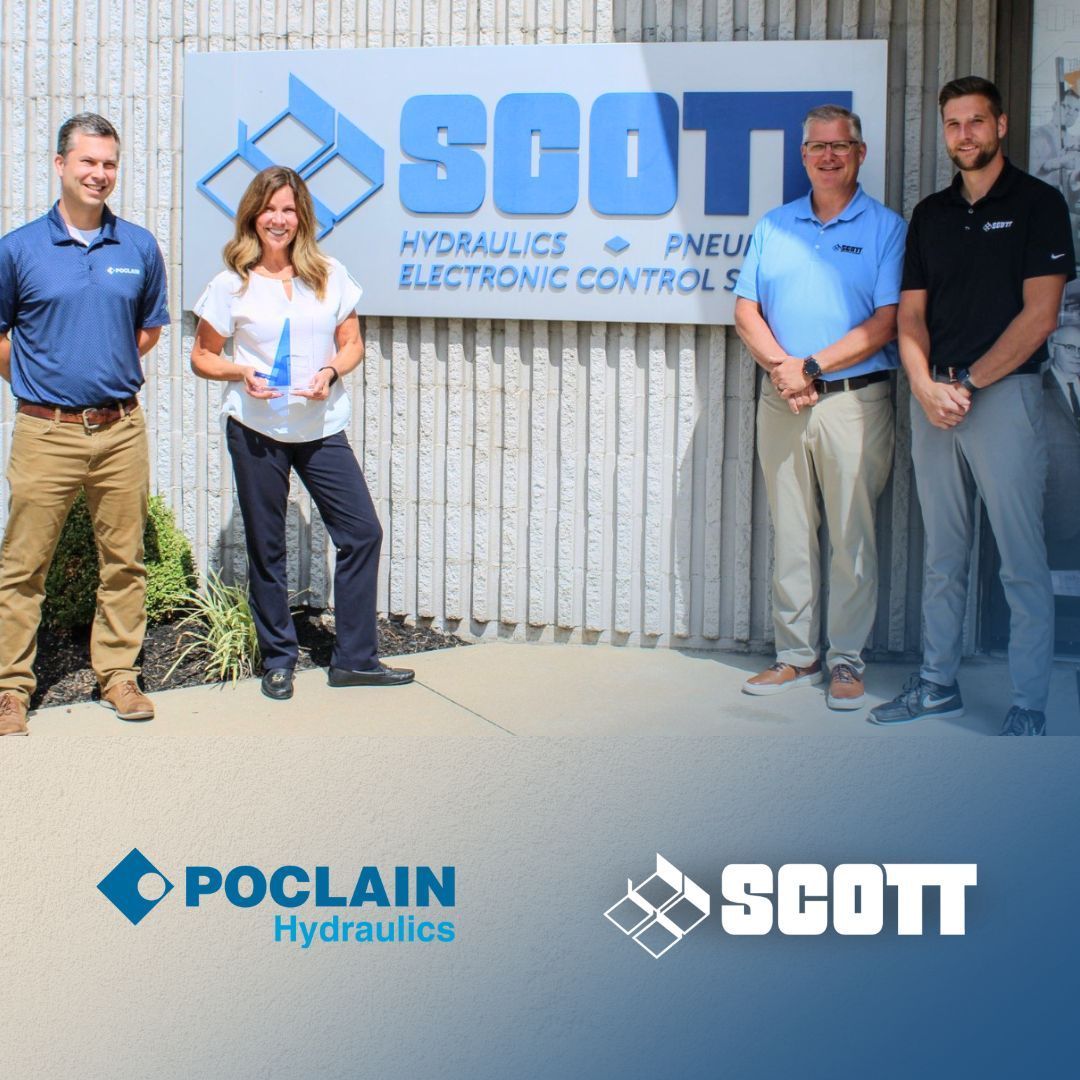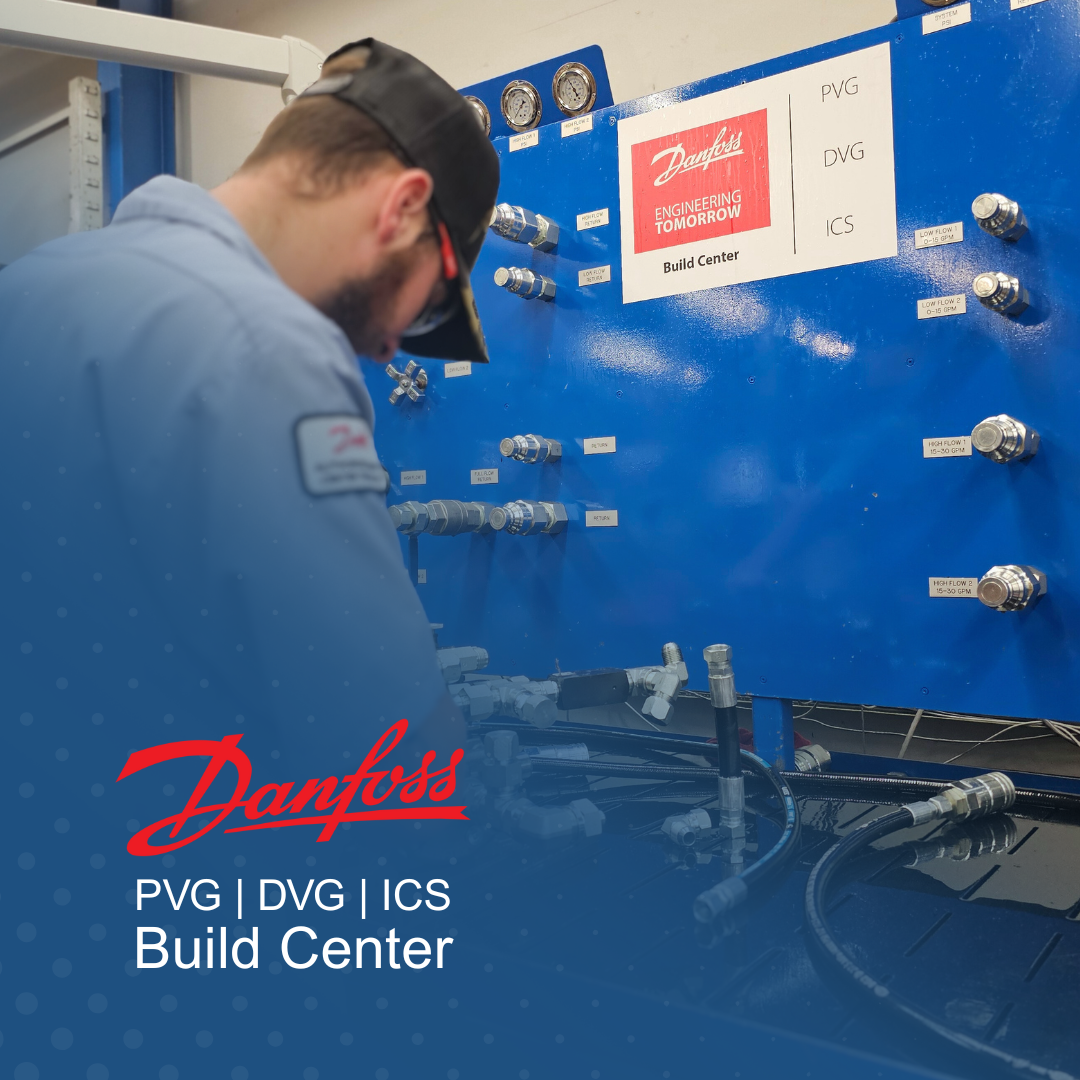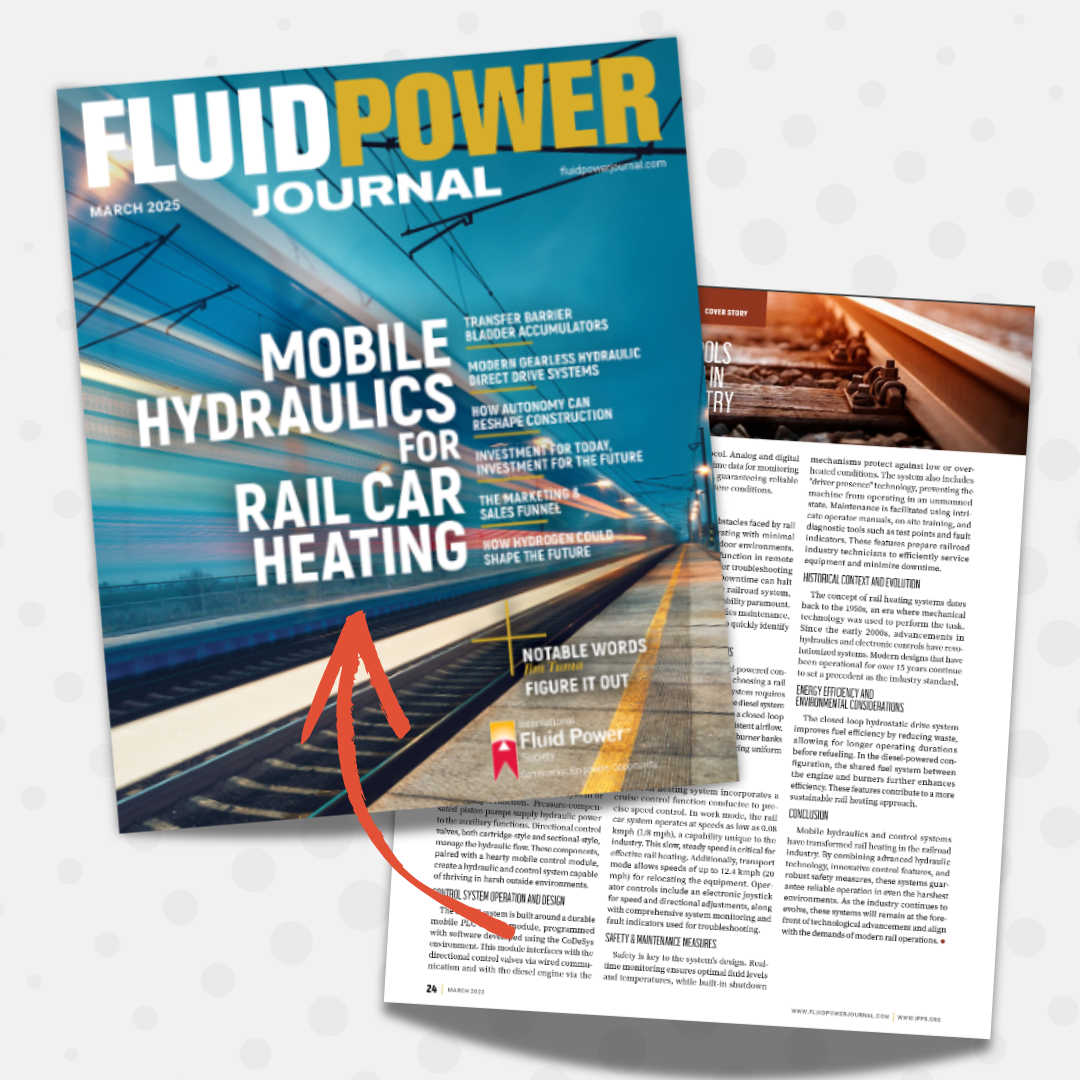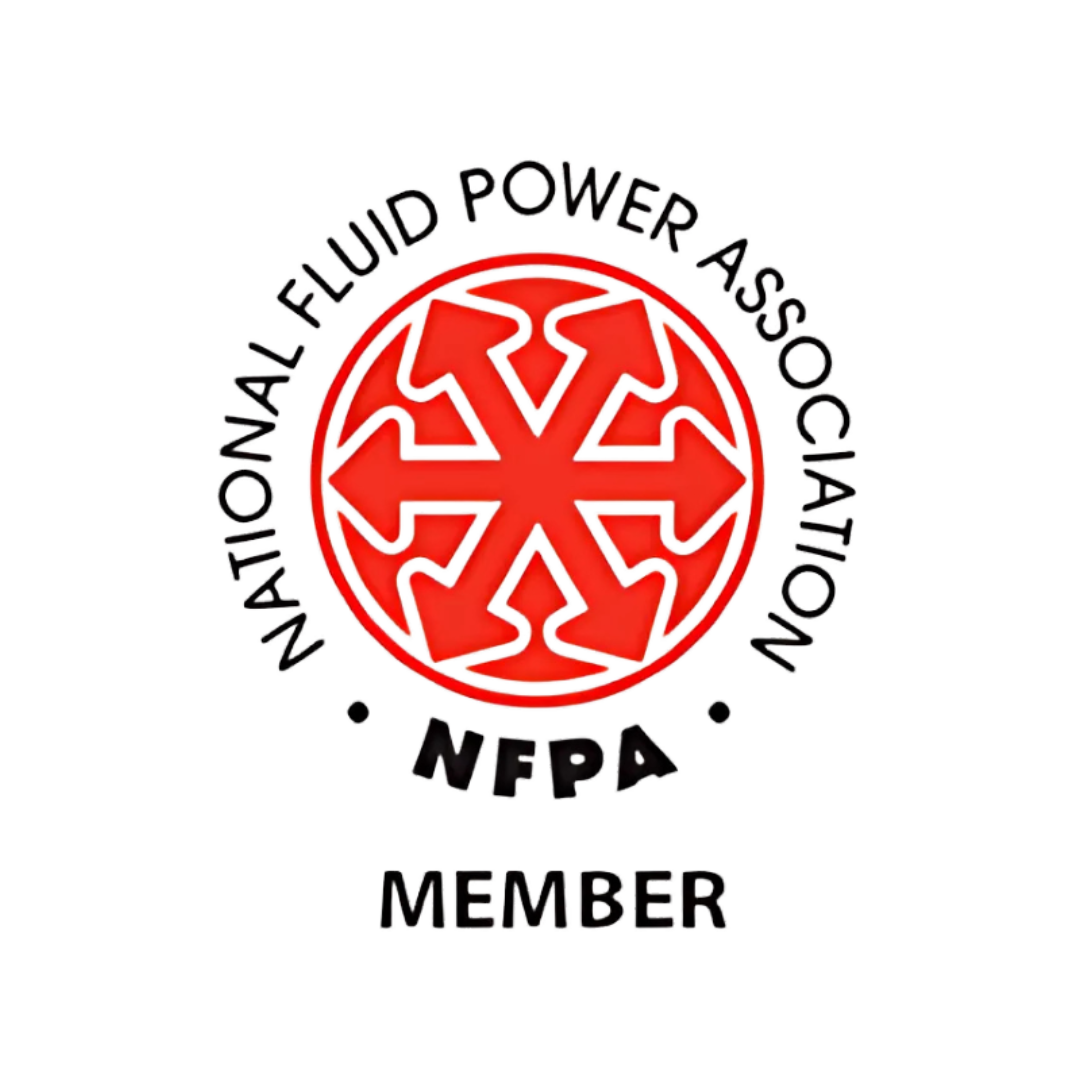Wherever You Go, Fluid Power Goes Too

A Brief History of Pneumatics in Aviation — and a Scott Family Connection
Pneumatics have played a crucial role in the evolution of aviation, dating back to the early 20th century. By the 1920s and 1930s, as aircraft design advanced rapidly, pneumatic systems emerged as a practical solution for enhancing performance and reliability, especially when weight was a critical factor.
One of the earliest and most widespread applications of pneumatics in aviation was in braking systems and retractable landing gear. Compressed air made it possible to actuate these components with greater reliability and reduced weight compared to the hydraulic systems available at the time.
Key Milestones in Aviation Pneumatics:
- 1920s–1930s: Pneumatics gained popularity in both commercial and military aircraft, particularly for applications such as brakes and landing gear.
- World War II: The use of both pneumatic and hydraulic systems expanded significantly, supporting control of flight surfaces, braking systems, landing gear, and other essential components.
As aviation technology progressed, hydraulics eventually overtook pneumatics in many applications due to their higher power density and superior reliability. Still, pneumatic systems continue to be used today in lighter-duty aircraft functions, such as cabin pressure controls, doors, and emergency systems.
A Personal Connection to Aviation Innovation
Ironically - and proudly - our company's story has deep roots in this era of aviation advancement. Our founder, Roger Scott, attempted to enlist in World War II but was instead asked by the U.S. government to remain stateside. His mission? Apply his engineering expertise to the development of landing gear systems for military aircraft, including bombers, while working with Delco. His contributions during the war laid the foundation for his eventual career with General Motors and ultimately led to the establishment of Scott Industrial Systems.
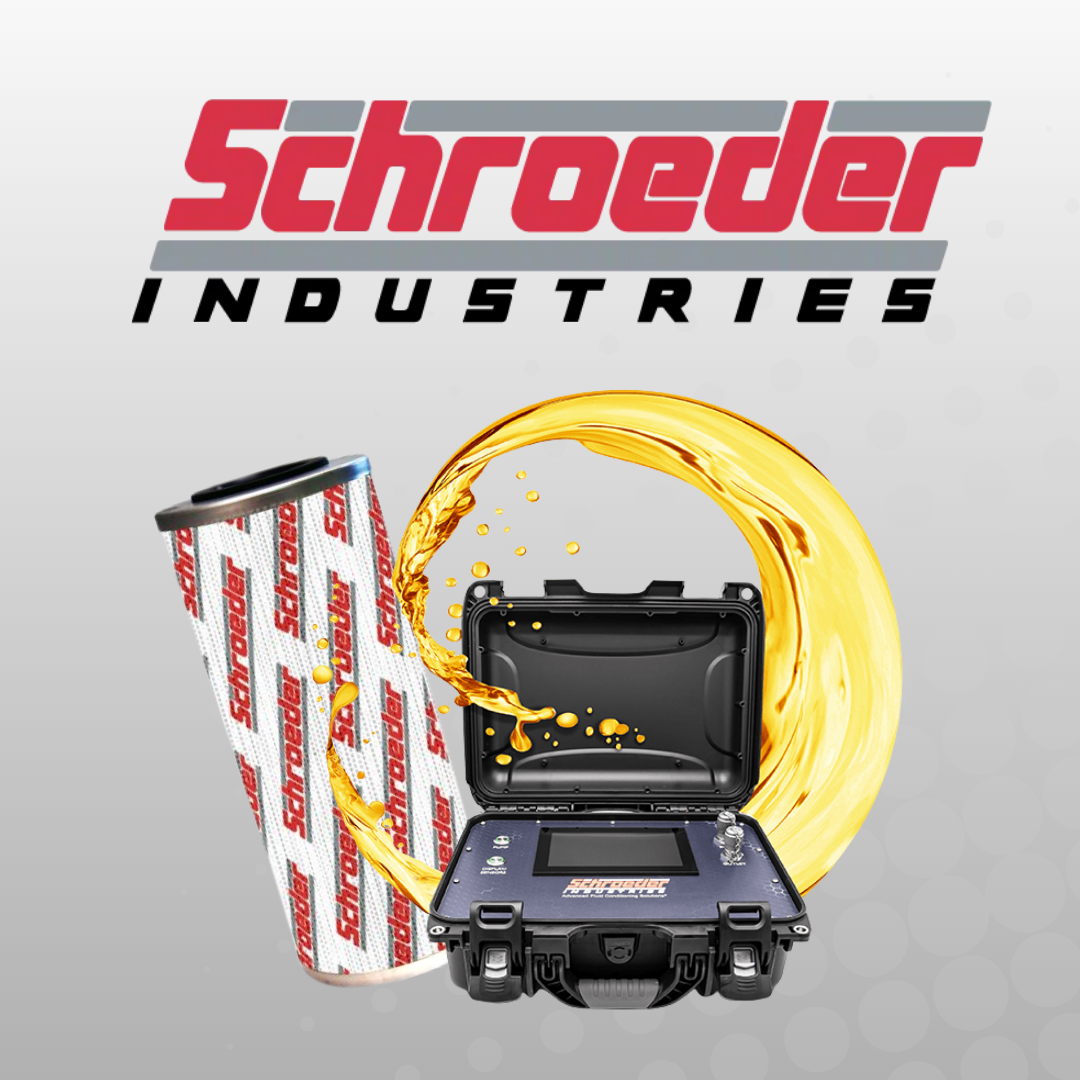
Hydraulic oil cleanliness is critical to industrial performance. In automotive plastics manufacturing, contaminated oil can lead to costly downtime, frequent maintenance, and reduced equipment lifespan. One U.S.-based manufacturer faced this exact challenge - until a more brilliant filtration strategy transformed their operations. 👉 VIEW THE CASE STUDY The Problem: Contaminated Hydraulic Oil Disrupts Production This manufacturer’s molding presses were operating with dangerously high contamination levels, with oil testing at ISO 24/23/21. Their existing filter elements , despite being from a well-known brand, failed to deliver consistent performance. The issues included: Low dirt-holding capacity Frequent filter replacements Hard-to-access filter locations Increased risk of hydraulic failure These inefficiencies drove up maintenance costs and caused repeated production delays. The Solution: Partnering for Smarter Filtration To address the issue, Scott Industrial Systems teamed up with Schroeder Industries to implement a high-efficiency, cost-effective filtration strategy. The collaboration focused on both lab validation and real-world application to ensure long-term success. Key Actions Taken: Conducted side-by-side lab testing of filter elements Introduced multi-layer filtration technology Deployed Total Fluid Condition testing, filter carts, and duplex assemblies Replaced old filters with Schroeder elements (3µm, 5µm, 10µm) Upgraded dehydrator filters for system-wide consistency The Results: Cleaner Oil, Better Performance The impact was immediate. Oil cleanliness improved to ISO 16/14/11, leading to: Reduced maintenance frequency Fewer hydraulic failures Improved equipment uptime Lower overall operating costs The success of this solution led to its adoption across multiple facilities, setting a new internal standard for hydraulic oil cleanliness. Why It Matters Upgrading to high-performance filtration systems doesn’t just protect your equipment; it also drives efficiency, reliability, and cost savings. This case study proves that more innovative filtration can be a game-changer for manufacturers relying on hydraulic systems. SCOTT delivers more than just components - we provide comprehensive fluid power solutions backed by rigorous testing, validation, and proven results. 👉 Ready to improve your hydraulic oil performance? Contact our team today to learn more about our filtration solutions.
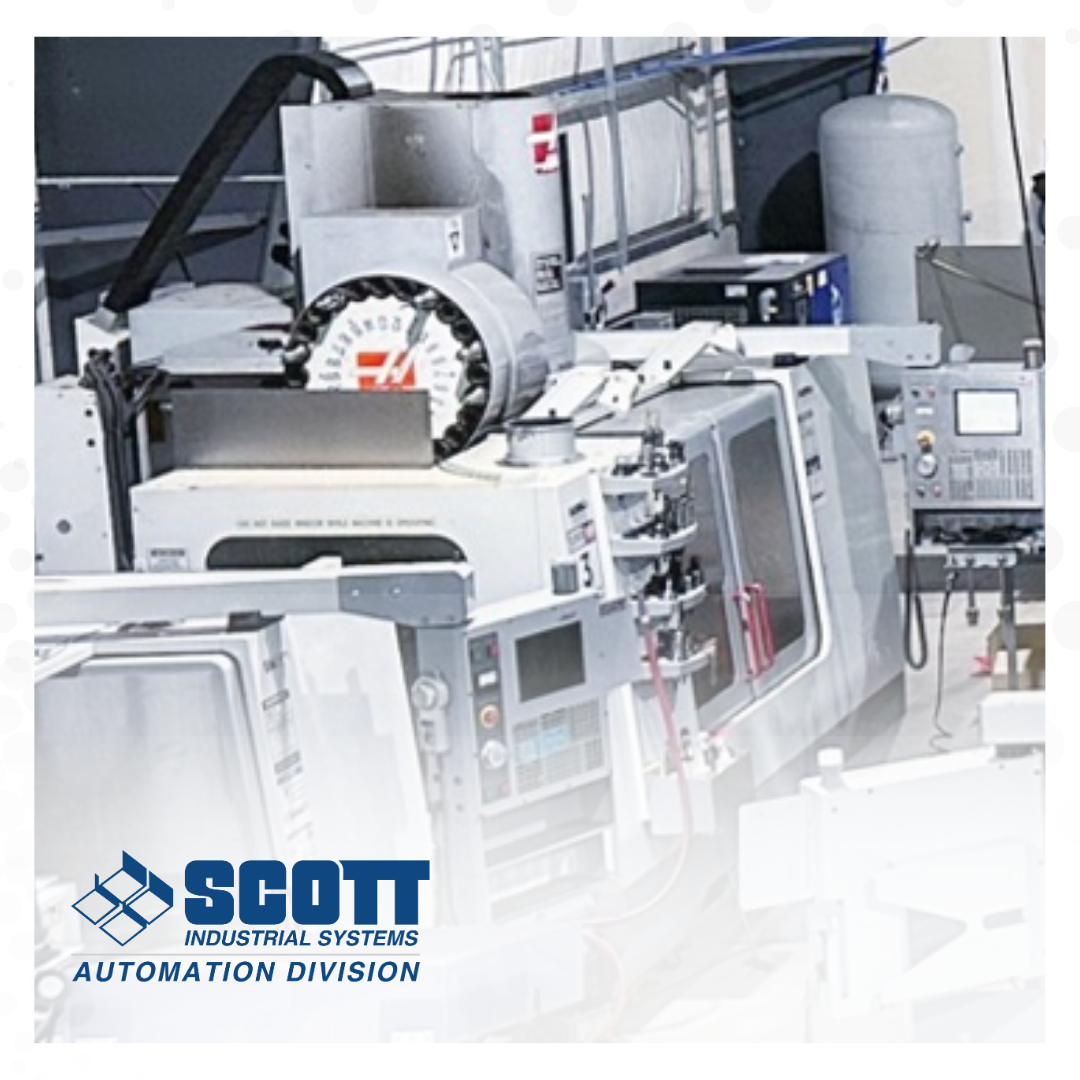
Scott Industrial Systems announces the acquisition of Automated Engineered Solutions (AES), an automation company headquartered in Oberlin, Ohio. This marks a significant milestone in SCOTT’s continued growth, deepening its expertise in industrial automation, custom machinery, & advanced engineering solutions.
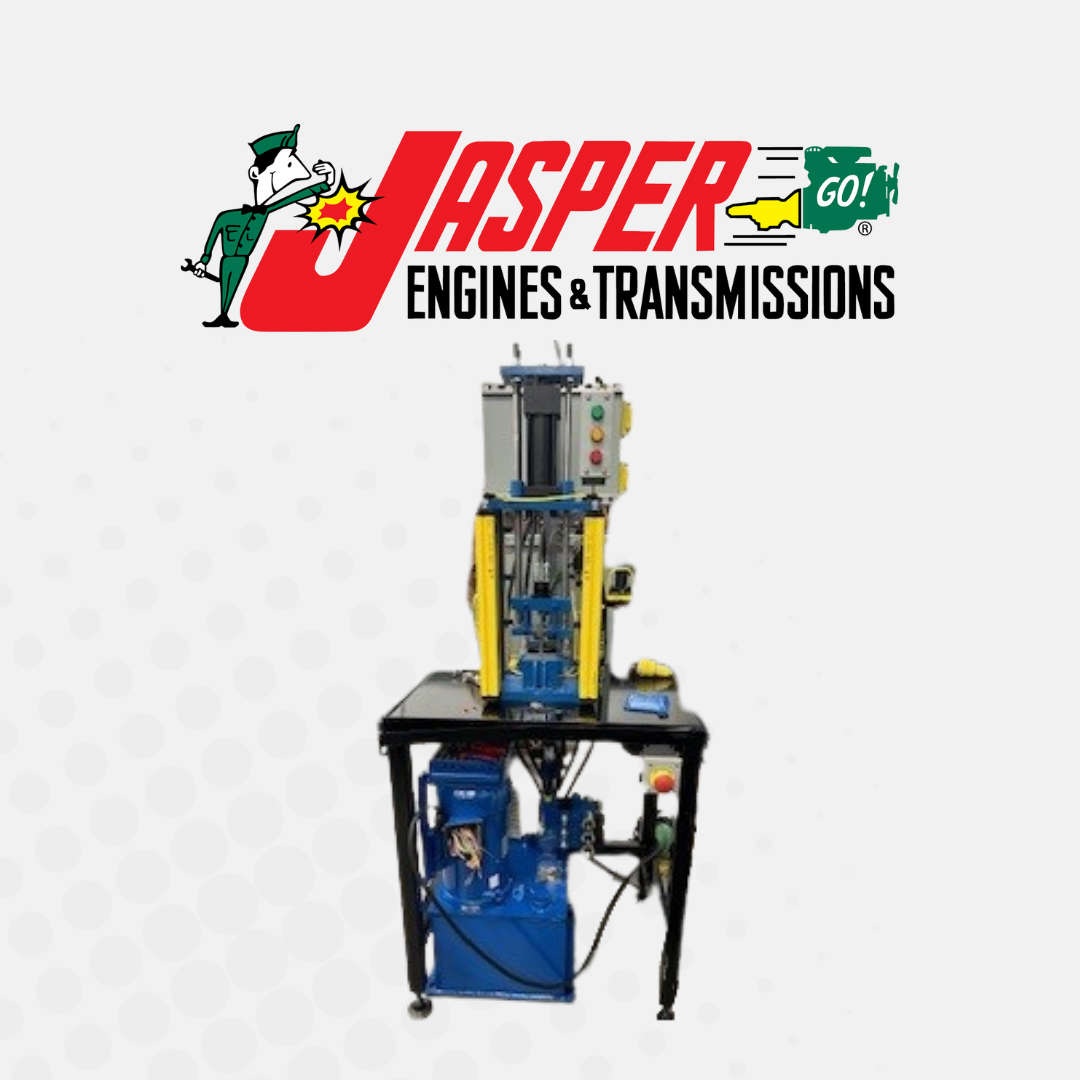
In today’s fast-paced manufacturing world, automation plays a crucial role in improving efficiency and reducing manual labor. Jasper Engines & Transmissions, a leader in remanufacturing powertrain components, faced a challenge in optimizing the removal of lifter plungers from a family of internal combustion engines.



